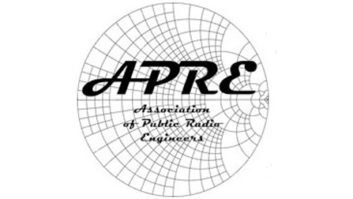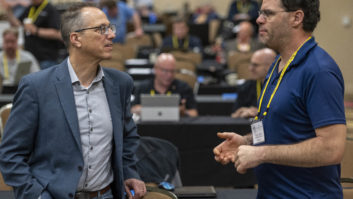Radio stations would do well to pay attention to what the FCC is doing with public files.
A notice of proposed rulemaking this week focuses on TV stations, suggesting new rules under which commercial and noncommercial TV would submit their public-inspection details to an online file that is hosted by the FCC. The commission is taking comments on this and related ideas. It calls this “a major step toward modernizing the way television broadcasters inform the public about how they serve their communities.” An earlier attempt to modernize TV public file rules was never implemented due to legal challenges.
Radio should not expect to be left out, because decisions made on this proposal seem likely to affect how the commission modifies radio’s rules later.
The FCC has taken input before about a possible online public file requirement for radio. In this TV proposal, the FCC wrote: “We may consider requiring radio licensees to abide by similar reforms to their public file requirements at a later date. We believe, however, that there are benefits to requiring television licensees to implement enhanced disclosure requirements first.” Why? Because TV stations have been more involved in these issues, and because “it may ease the initial implementation of a commission-hosted online public file if we begin the process with the much smaller number of television licensees than with all broadcasters.” Also, there may be radio-specific concerns that that the FCC will have to address later.
So for now, it has tentatively decided to put off any radio action. But it seems likely that, sooner or later, any system adopted for TV will be applied to, or adapted for, radio.
David Oxenford of Davis Wright Tremaine blogs about this. He encouraged broadcasters to review the proposal and submit their thoughts. The dates for submission of comments have not been posted yet.
He also said the commission is looking at topics as broad as whether a station needs to save Facebook posts and other social media comments in the same way that it preserves letters and emails, and a proposal for stations to document information about all “pay for play” sponsorships.











